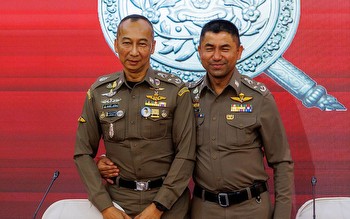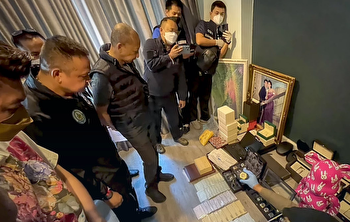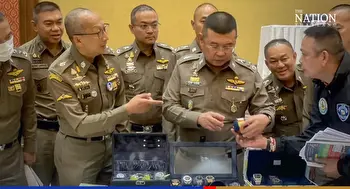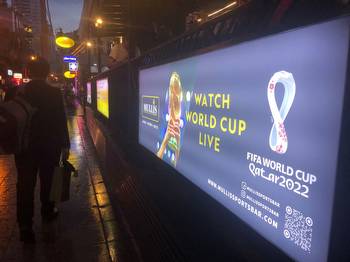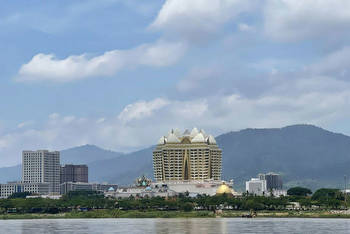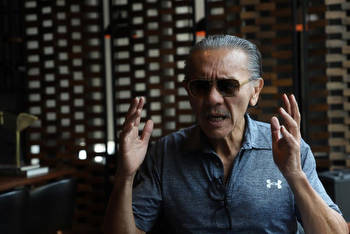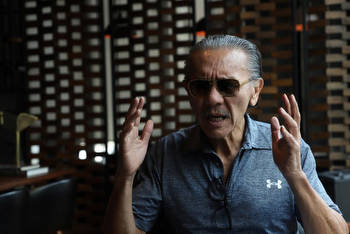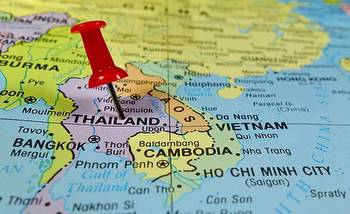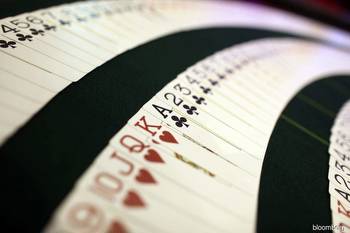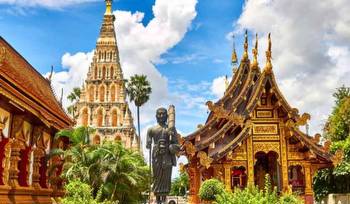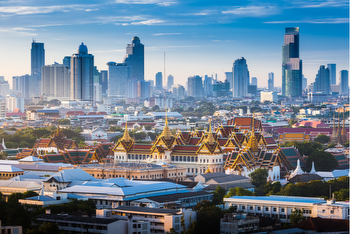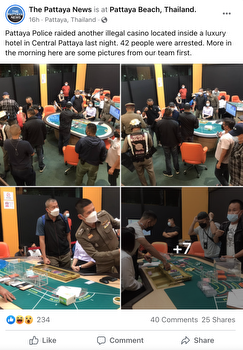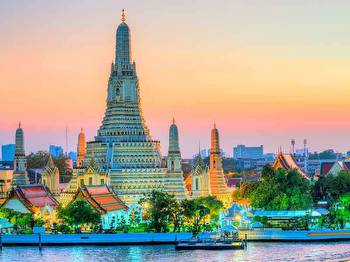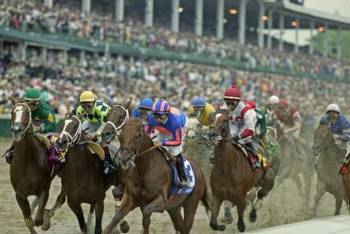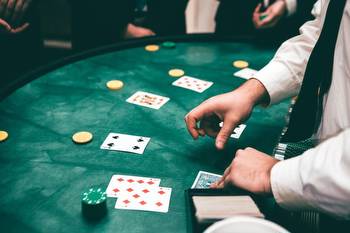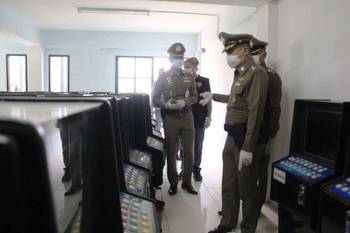As Virus Spreads, Top Thai Minister Denies Gambling Link
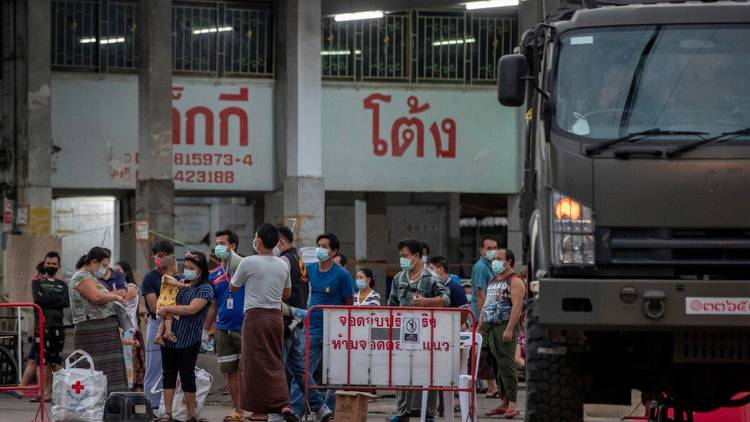
On January 4, Thailand recorded 745 new COVID-19 cases — the largest daily increase since the first known infection was registered in the country on January 8, 2020.
World health officials earlier touted Thailand as a COVID-19 success story, after the country went 100 days without reporting a single new case.
World Health Organization Director-General Tedros Adhanom Ghebreyesus praised Thailand in November 2020, when the country of roughly 70 million people had approximately 4,000 COVID-19 transmissions and 60 deaths. Thailand, the WHO chief said, showed that the virus could be contained, “even without a vaccine,” when using “a whole-of-government, whole-of-society, comprehensive approach.”
That all changed in mid-December, when a second coronavirus wave erupted at Mahachai Market in the province of Samut Sakhon, which is part of the Bangkok metropolitan region.
Thailand’s public health minister was forced to quarantine after meeting with Samut Sakhon’s governor, who was infected with the coronavirus. On December 21, Thai Prime Minister Prayut Chan-O-Cha blamed migrants working at the market. Anti-immigrant sentiment also rose in the country.
However, authorities have been much less willing to acknowledge the problem of illegal gambling dens and their role in spreading COVID-19.
After Opas Bhudachareon, who works for the Center for Emerging Infectious Diseases at Bangkok’s Chulalongkorn Hospital, warned that a case in Bangkok had been linked to an illicit gambling den, Deputy Prime Minister Prawit Wongsuwon cast doubt on his claims.
"You must ask the doctor who provides this information," Prawit said. "I don't believe illegal casinos are operating in Bangkok, but if the doctor knows about it, he can inform the authorities."
Prawit’s claim that there are no gambling dens in Thailand’s capital is false. Illicit gambling dens clearly exist in Bangkok and other parts of the country, based on numerous public reports in recent years.
On January 5, Thailand’s own National police chief Suwat Chaengyodsuk admitted that such underground casinos existed in Bangkok.
As reported by VOA in 2017, a Rangist University study found that up to 10 underground casinos had been operating in the greater Bangkok area prior to the military takeover in 2014.
Underground casinos are reportedly operated out of commercial and residential spaces and frequently raided by police.
On December 28, 94 people were detained at an illegal casino in Bangkok’s Thung Song Hong area. Senior police are being investigated for negligence in the case.
On August 3, four people, including a police officer, were shot dead at an illegal casino in Bangkok’s Thung Mahamek area. Police denied the venue was an illicit gambling establishment, but forensic investigators were reportedly notified in advance so that they could remove gambling equipment and surveillance cameras from the premises before police arrived.
Later that month, a Bangkok metropolitan police officer was arrested during a raid on an underground casino.
Thai authorities outside the capital have denied the existence of such establishments, despite evidence to the contrary.
On December 28, Rayong’s police chief was transferred after he publicly denied that permanent illegal gambling dens existed in the eastern province. He further downplayed the link between COVID-19 infections and such establishments.
On December 31, Chon Buri’s provincial police chief was transferred after COVID-19 cases were linked to underground casinos there. Chon Buri is home to Pattaya, a major tourist destination.
On January 2, Pattaya News wrote that of the 243 coronasvirus cases reported in Chonburi at the time, the vast majority – 181 cases -– were “directly connected to illegal gambling venues.”
It added that only 30 cases were linked to migrant workers, “which are indirectly connected to illegal gambling sites,” given that a migrant had visited one of the venues.
Banyat Jetanajan, Democrat member of Thailand’s House of Representatives for Rayong province, called on Prayut, Prawit and the country’s interior minister to take responsibility for the existence of such establishments in his province.
“I have raised the issue of gambling dens in Rayong for discussion in Parliament meetings many times, so I believe the PM and related ministries must be aware of the problem,” he said.
Thailand’s own Center of Covid-19 Situation Administration (CCSA) has identified illicit gambling dens as a major driver of new infections.
A 2019 Center for Gambling Studies (CGS) survey found that despite having very strict gambling laws, 57% of Thailand’s population engaged in some form of gambling.







.jpg)
